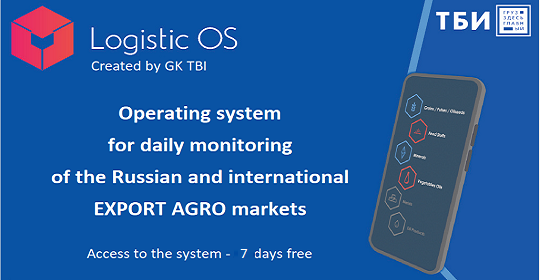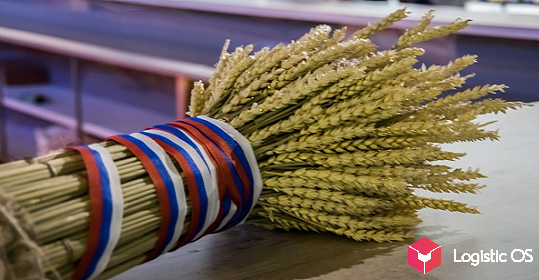According to analysts’ forecasts, the total volume of agricultural grain exports from Russia to Indonesia could reach $420 million by 2030.
Currently, Russian exporters are actively interested in the Indonesian market, considering it quite promising.
Indonesia’s intention to increase grain purchases is expected to result in the signing of a free trade agreement this year.
It is expected that Indonesia and the Eurasian Economic Union, of which Russia is a member, will be parties to this agreement.
Experts note Indonesia’s high potential, owing to its status as the largest grain consumer in Southeast Asia.
However, experts emphasize that building stable, long-term relations requires more than just desire on the part of both sides. This will require ongoing dialogue at both the government and business levels.
Work in this direction is currently underway.
Experts note that Russia is already increasing its exports to Indonesia. This year, it shipped approximately 1.3 million tons of wheat.
This not only allows Russia to earn more but also strengthens its position in the Indonesian market, gaining an ever-increasing share.
Indonesia is expected to increase its grain purchases to 14 million tons next season, of which approximately 12 million tons will be wheat. This offers Russia the opportunity to increase its shipments to this country.
Experts emphasize that trade relations between Indonesia and Russia have a long history.
Russia first shipped wheat to Indonesia in 2013, and the all-time high was set in 2023, when wheat exports reached 1.7 million tons.
Analysts are confident that Russia has every opportunity to break this record.
The signing of a free trade agreement could be an important step toward removing remaining barriers and reaching a fundamentally new level.
A key provision of this document is a gradual reduction in Indonesia’s wheat import duty. Currently, this duty is at 5%, which is a significant obstacle for Russian exporters.
However, over several years, the duty is expected to decrease by 1% annually until it reaches 0%.
Experts believe this step will significantly increase Indonesia’s attractiveness for foreign grain exporters.

